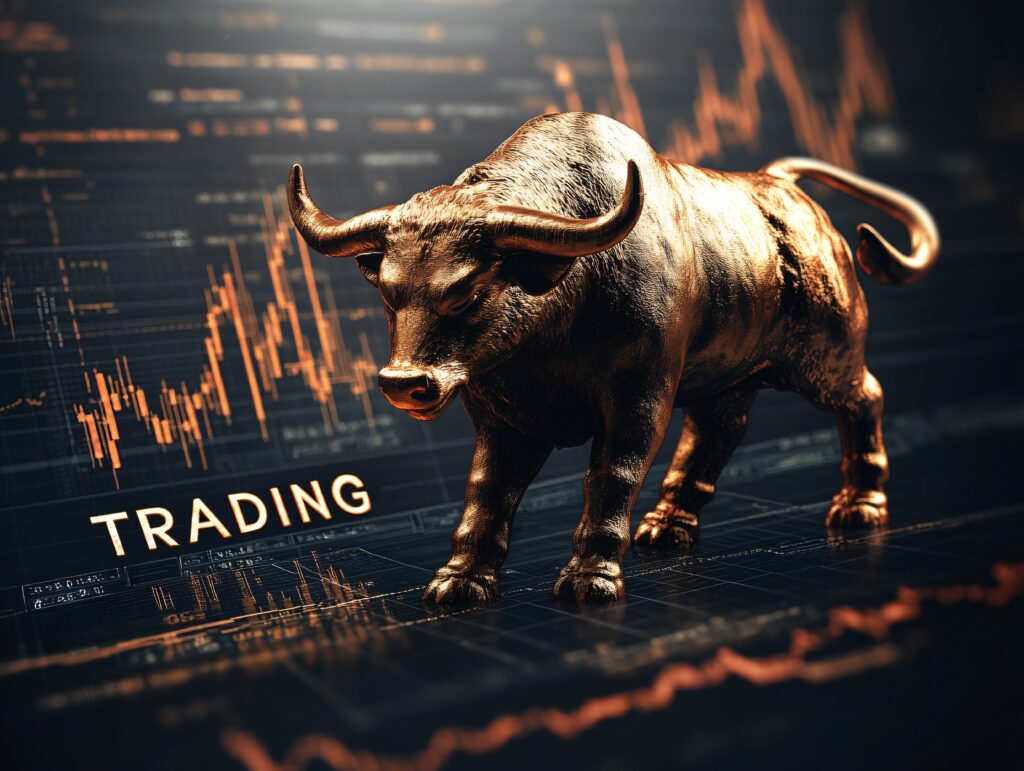Forex brokers help people buy and sell currencies in the forex market. They act as middlemen between traders and the market. But how do they make money? this article also cover What is spread, swap and commission in forex trading?
1. Spread – The Difference Between Price
The difference between the buy price (ask) and the sell price (bid) is called the spread, which is the broker’s profit. Usually, the ask price (buy) is shown in red color, and the bid price (sell) is shown in green color.
📌 Example:
- EUR/USD has a quote of 1.1000/1.1002
- Ask price (1.1002) → You can buy at this price.
- Bid price (1.1000) → You can sell at this price.
- If you buy EUR/USD, your order is filled at 1.1002 (ask price).
- If you sell EUR/USD, your order is filled at 1.1000 (bid price).
So, the real market price is somewhere between the bid and ask. The ask price is always slightly higher because that’s where brokers add their profit.
2. Commissions – Extra Fee for Trading
Some brokers charge a small commission per trade instead of a spread. This is common in ECN brokers, where traders get real market prices.
Example
- A broker charges $3 per trade when you open and close a position.
- If you trade 1 lot of EUR/USD, you pay $6 total ($3 to open + $3 to close).

3. Swap Fees – Overnight Charges
When you hold a trade overnight, brokers charge or pay a small fee called a swap. This depends on the interest rates of the currencies you trade, some brokers offer swap free accounts but usually they charge more through spread and commission but yeah if you’re religious it gives you halal account for forex trading.
Example
- If you buy EUR/USD and the interest rate for EUR is higher than USD, you earn swap.
- If the interest rate for EUR is lower than USD, you pay swap.
Note
Good brokers make money through spread, commission and swaps also called Book A brokers there’re other types of brokers we don’t recommend they make money by your losing trades also called Book B brokers or bad brokers.
The below fee charge by bad brokers…
4. Markups or Extra Hidden Fees
Some brokers increase the spread and take extra profit without telling traders. This is called a markup. It means traders pay more than the real market price.
Example
- The real spread of EUR/USD is 1 pip
- The broker adds 1 extra pip and now the spread is 2 pips
- The broker keeps the extra 1 pip as profit.
5. Stop Hunting
Some bad brokers manipulate prices to hit traders’ stop-loss levels and make them lose money. They do this to make extra profit.
Example
- You set a stop-loss at 1.1000
- The real market price doesn’t reach it, but the broker pushes the price to hit your stop loss.
- Your trade closes at a loss, and the broker profits.
Good vs Bad Brokers
✔️ Good brokers Offer fair spreads, low commissions, and no hidden fees.
❌ Bad brokers Use tricks like markups and stop hunting to make more money.
Conclusion
If you’re unsure whether a broker is good or bad, check if it has a Tier 1 country license (such as from the USA, UK, Australia, or Europe). Brokers with a Tier 1 license are usually trustworthy. If your broker doesn’t have one check this list of best forex brokers.


